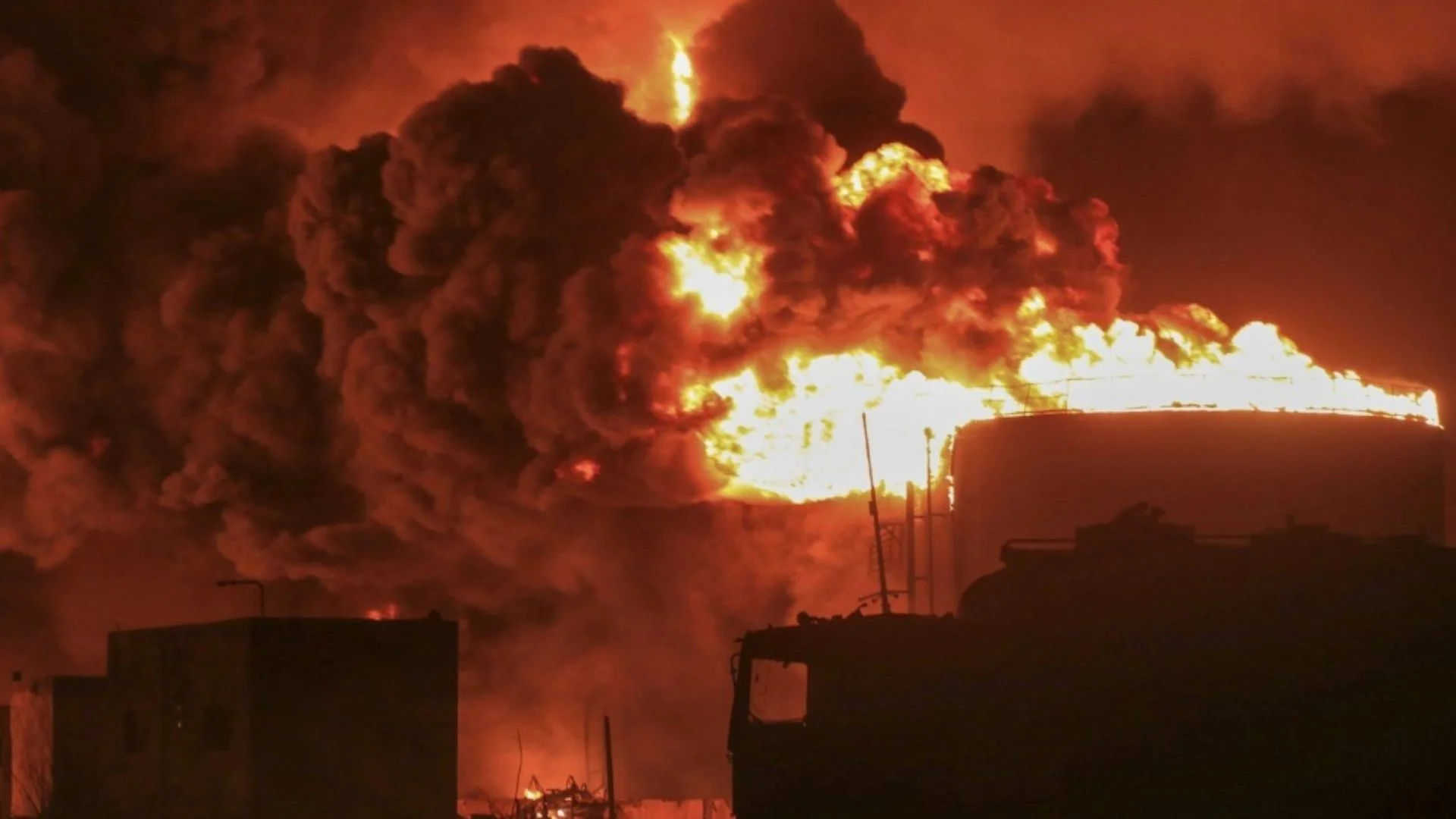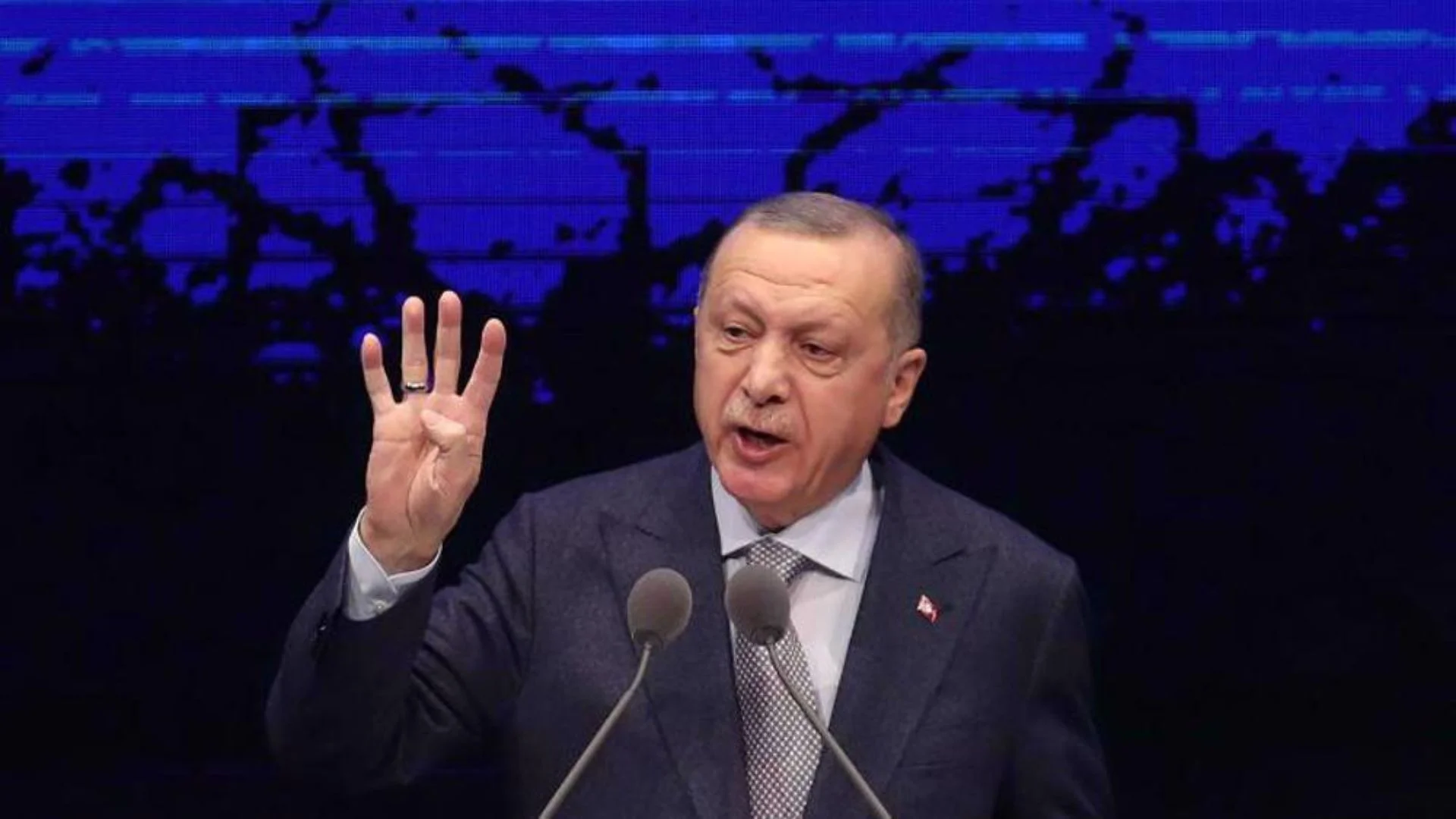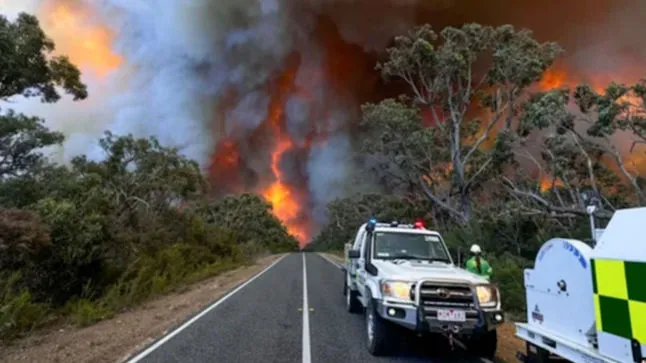Pakistan is grappling with severe economic, political, and security issues, as soaring inflation and political discord fuel public discontent. The crisis intensified following the 2022 ousting of Prime Minister Imran Khan, leading to diminished foreign reserves and increased reliance on IMF bailouts, further straining the economy.
کوئی نہیں ,کوئی نہیں, صرف چار بندے ہی تو مارے ہیں۔#Karsaz#Karachi#KarsazAccident #FailedStatePakistan pic.twitter.com/QXrG16C5QY
— Jawad Malik (@jawadmalik6785) August 21, 2024
Social media has become a platform for Pakistanis to express their frustrations, with the hashtag #FailedStatePakistan gaining traction. This hashtag has been used to highlight various issues, including a tragic accident on Karachi’s Karsaz Road on August 19. A speeding Toyota Land Cruiser, driven by Natasha Danish, collided with several vehicles, resulting in the deaths of sixty-year-old Imran Arif and his 22-year-old daughter Amna. Danish was arrested and charged with manslaughter and is currently on a 14-day judicial remand.
Pak Supreme Court was attacked by Islamists for giving a verdict in favour of Ahmadis.
The religious hatred & intolerance has spread lawlessness on the streets of Pak. Radicals are protesting against Chief Justice Qazi Faez Issa accusing him of blasphemy.#FailedStatePakistan pic.twitter.com/Dk2dgvznc9
— Ashmita Mehta (@MehtaAshmita_) August 20, 2024
Additional social media posts have criticized widespread corruption, including allegations against the military. Disturbing contrasts are highlighted, such as incidents of self-immolation over police corruption and politicians indulging in extravagant lifestyles amidst widespread poverty.
As Pakistan’s economic instability and political turmoil continue, citizens are increasingly voicing their concerns online. The hashtag #FailedStatePakistan has become a forum for expressing dissatisfaction and calling for urgent reforms.














